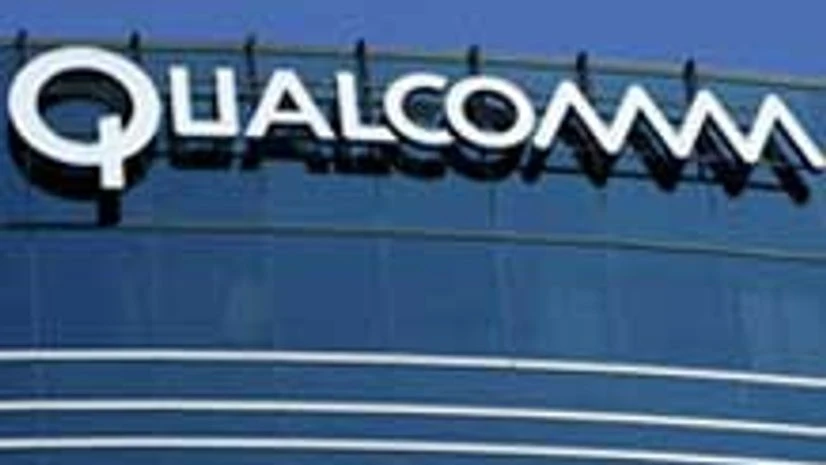Qualcomm forecast current-quarter profit below analysts' expectations as demand weakens for its chips used in mobile devices in a slowing market.
The company, whose customers include Apple, said it expected its mobile chip shipments to fall by 16-25% in the second quarter from a year earlier.
Qualcomm also expects 3G and 4G device shipments to decline by 4-14%, hurting its licensing revenue.
The chipmaker's weak outlook comes a day after Apple forecast its first quarterly revenue drop in 13 years and reported the slowest-ever rise in iPhone shipments as the critical Chinese market shows signs of weakness.
Qualcomm shares fell 3% in extended trading on Wednesday.
The company trimmed its estimates for "premium tier shipments" due to "slower than expected sell-through at a large" customer, it said on a post-earnings conference call.
More From This Section
Qualcomm's mobile chip shipments fell 10% in the first quarter, pulling down its equipment and services revenue by 21.6%.
Revenue from licensing declined 10.4%.
"I think on licensing it's getting really fuzzy; they're not suggesting any upside to licensing, which I think is what people really wanted to see before getting excited in the stock again," Bernstein analyst Stacy Rasgon told Reuters.
Qualcomm said in December it had decided not to split its slowing chipmaking business from its technology licensing business.
Weak Outlook
Qualcomm forecast an adjusted profit of 90 cents to $1.00 per share for the second quarter, below the average analyst estimate of $1.01, according to Thomson Reuters I/B/E/S.
Its revenue forecast of $4.9 billion-$5.7 billion was also largely below analysts' expectations of $5.68 billion.
The net income attributable to Qualcomm fell 24 % to $1.50 billion, or 99 cents per share, in the quarter ended December 27.
Excluding items, the company earned 97 cents per share, topping the average analyst estimate of 90 cents, as it aggressively slashed costs.
Revenue fell 18.7 % to $5.78 billion.
Qualcomm shares were trading at $47.07 after the bell. Up to Wednesday's close, the stock had lost a third of its value in the past 12 months.

)
